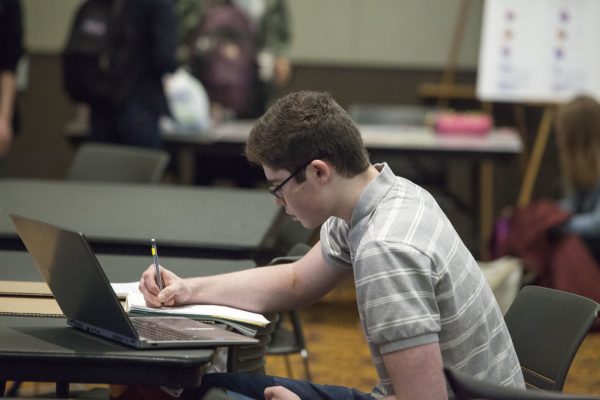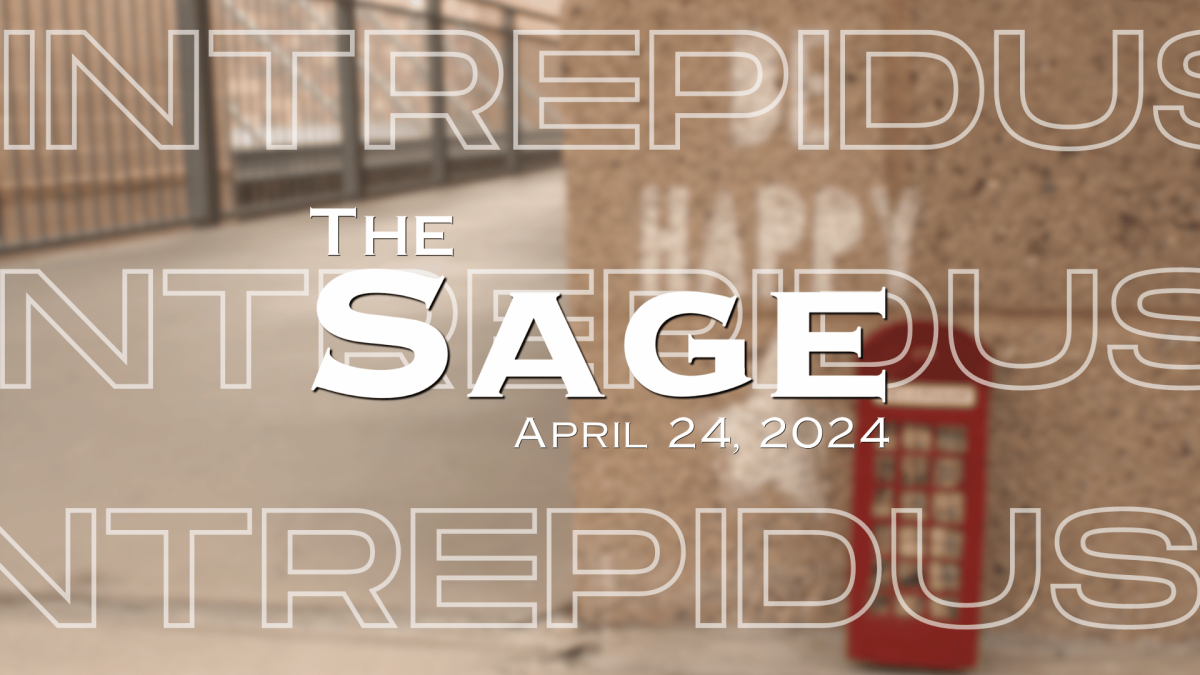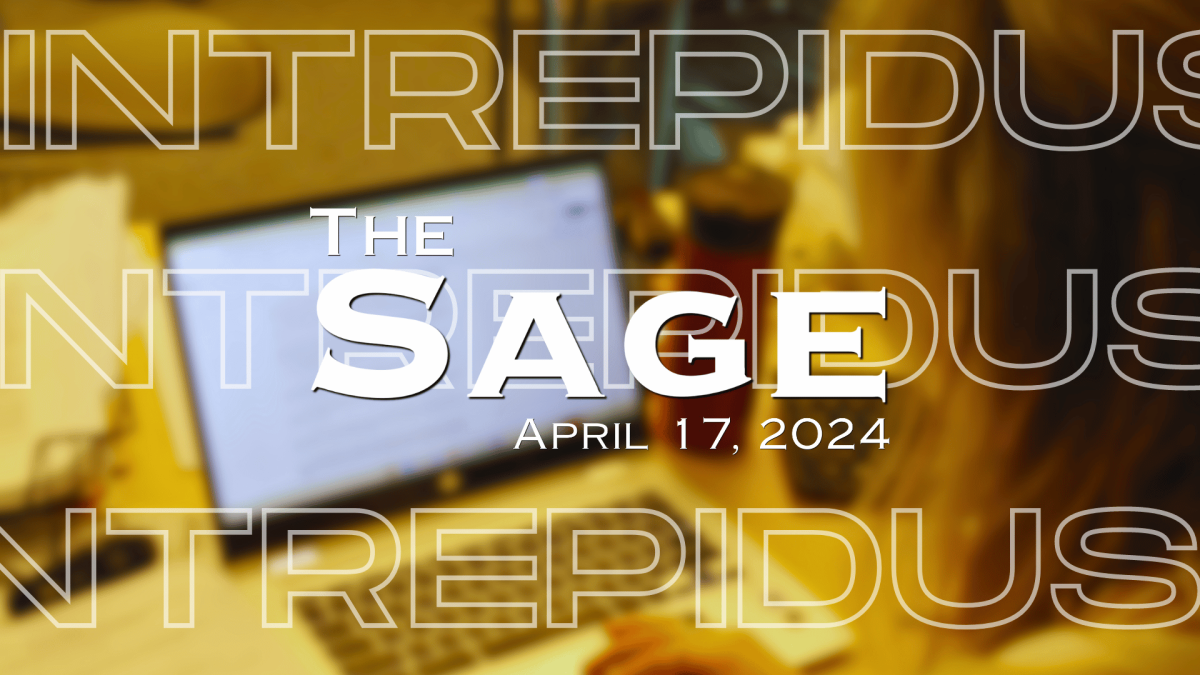Every year, college admission rates continue to drop to an all-time low, especially in highly selective schools.
Last year, New York University’s (NYU) and Tulane’s admission rates dropped below 10 percent. From the University of Boston to the University of Miami, admission rates declined below 20 percent. In 2020, Harvard’s admission rate was standing at 4.9 percent, but this year it dropped to at least 3.1 percent according to collegeraptor.com.
The reason behind the progressive fall in college acceptance rates contains three specific factors.
According to Sage Creek student support instructor Alicia Frumenti, “I think they are lowering it because they can’t afford to have that many students in their college.”
For starters, according to moonprenuer.com, the optional testing policy encouraged college applicants to submit applications without standardized test scores, increasing the number of applicants. In the 2020-2021 cycle, Northeastern’s acceptance rate stood at 18.05%. However, after Northeastern’s decision to go test optional in 2021-2022, its acceptance rate dropped to 6.8% according to collegetutioncompare.com.
Most colleges don’t adjust their admissions by increasing classroom size but by limiting their size and capacity, which decreases enrollment and increases waitlisting.
“I think there are a lot more students applying. I know that some of the standardized tests are no longer required for UCs, such as the SAT and ACT,” said Aida Salah, Sage Creek’s avid teacher. “This might be encouraging more students to apply, there might be too many students applying and not enough spots available.”
The SAT and the ACT are useful tools towards strengthening a student’s application based on academic success. However, standardized tests can generate intense anxiety before taking them according to excelhighschool.com. This can severely impact a student’s academic portion of their application that colleges still consider essential in evaluating whether to admit the student. SAT and ACT exams aren’t the only indicators that provide college admissions officers data about a student’s future performance in college besides essays and extracurriculars.
“Others recognize that SAT or ACT scores and application fees can create barriers for some students and do not require these tests for admission, or they have application fee waivers,” said Edwina Williams, Sage Creek’s guidance technician. “Students must start the research process early on as they consider prospective colleges and universities.”

is licensed under CC BY 2.0 DEED
Another major factor in the decline in admission rates is the selectivity of competitive schools. Selective colleges usually take huge interest in examining their early decision applicants. In other words, colleges refer to the percentage of accepted students who choose to enroll there/
“If students apply to numerous schools to increase their chances of acceptance, institutions are mindful that they can only attend one,” Williams said. “As the number of applications increases, colleges and universities find it more difficult to review them, affecting the acceptance process.” Williams added, “Therefore, the institution will take particular measures to identify which students they believe are genuinely interested in attending their school.”
Colleges don’t like accepting students who are uncertain about attending. By driving up their yield rate, colleges can drive down their overall admission rate according to ivywise.com. If colleges sense that they might be an applicant’s safety school, then they might put that applicant’s paper in the “not-interested” pile for not showing any interest.
“Some of the schools don’t have the capacity to hold that many students,” Salah mentioned.
Colleges take serious interest in the yield rate. If applicants don’t keep in touch with their colleges after applying, those colleges will likely reject them for not showing any fervor.
Finally, when universities need to maximize their yield rates, they issue waitlists more than they did the previous year. In order to reduce the numerous applicants, selective colleges and top tier schools defer more and more qualified applicants. If applicants get accepted into a college that they prefer over their waitlisted college, then that college won’t consider admitting them according to sparkadmission.com.
However, if the applicants decide to stay at their waitlisted college, admissions officers will re-evaluate their applications before making a final decision. Today, Ivy League schools and other selective schools are active on their waiting lists. This can be hard for students who are having trouble choosing their dream schools before college decision dates in the winter.
The prevalence of unpredictability, uncertainty, yield rates and college applications is the backbone of plummeting admission rates.
If applicants want to seek out a solution to low admission rates, the best they can do is make smart choices when applying. Applicants can apply to a mix of far-reaching and safety colleges through Early Decision. During the application process, applicants can concentrate on presenting themselves to the admissions officers effectively while adding additional credits to their applications.
“My advice would be to check in with your school counselor and start studying now to prepare for college,” Frumenti advised.
If applicants need assistance before applying to top tier schools, they can always discuss their plans with Sage Creek’s guidance counselors or visit Sage Creek’s College planning and tutoring department.
“I think that it can be stressful and that a student needs to plan ahead,” Salah said.“When it comes to the college process in your senior year, you really need more time to begin your essays while managing your classes.”

is licensed under PDM 1.0 DEED
“If you are applying to a UC or a private school, you should begin recording all of your high school extracurriculars,” Salah notes. “You should really look at those essay prompts early so you know what to do when talking about your past leadership and passion projects.”
If applicants consider applying to colleges with low admission rates, they will need to carefully look over and choose schools that they will attend as their dream school. It’s important for high school students to know how the college application process evolves overtime.
“Start researching colleges and universities early on in your high school career and explore your “why”,” Williams said. “Discovering your “why” is essential when considering your postsecondary education.”
At Sage Creek, students have the opportunity to guide themselves through junior and senior year with the assistance of SCHS and CUSD students, faculty, teachers, counselors and advisers.
“The beauty in building community and having networks is that you meet people who want to see you reach your goals and will support you to the best of their ability,” Williams stated. “As a first-generation college student, I thrived because I built bridges in my community.”

















D ◊ Sep 20, 2023 at 9:57 pm
Great informative article